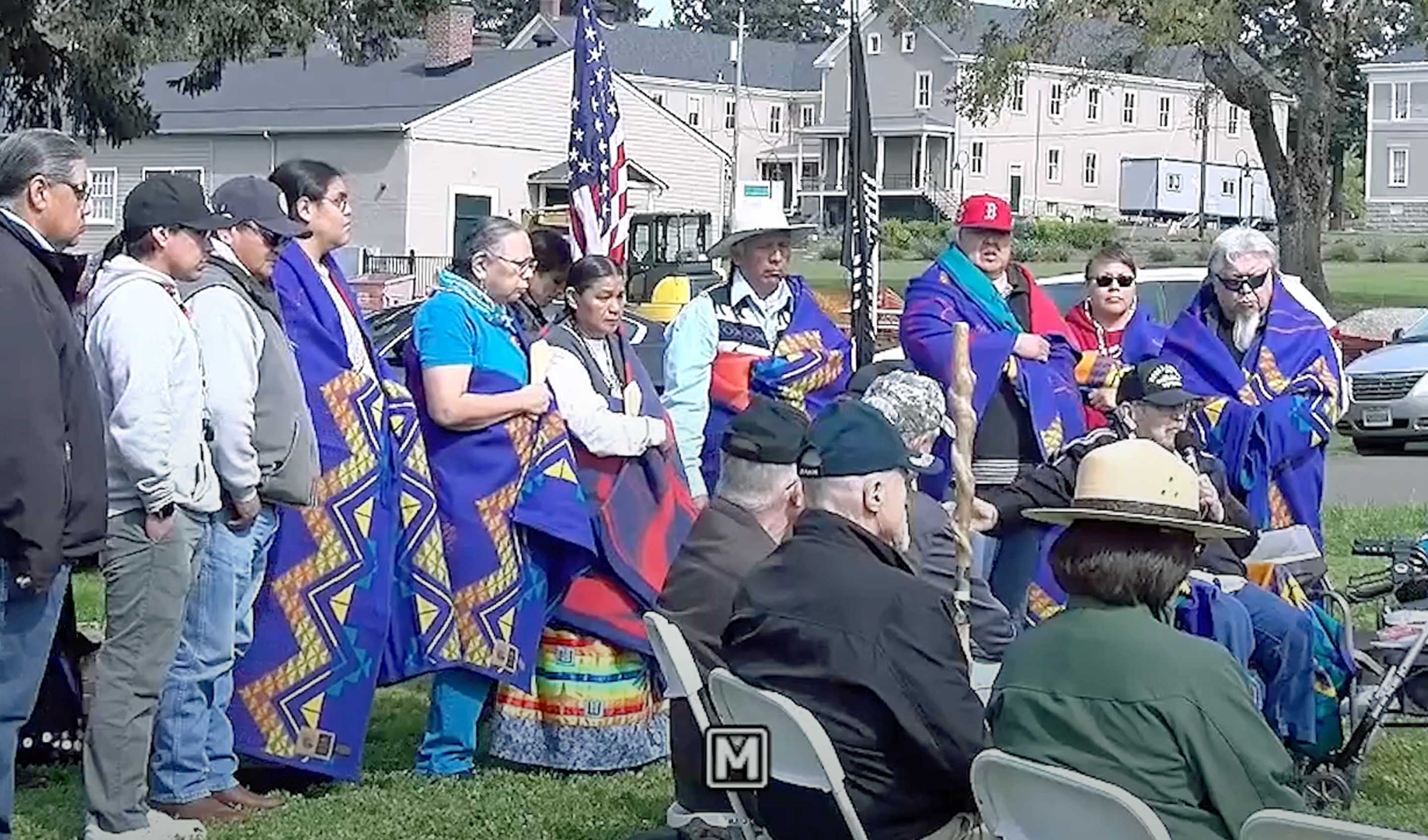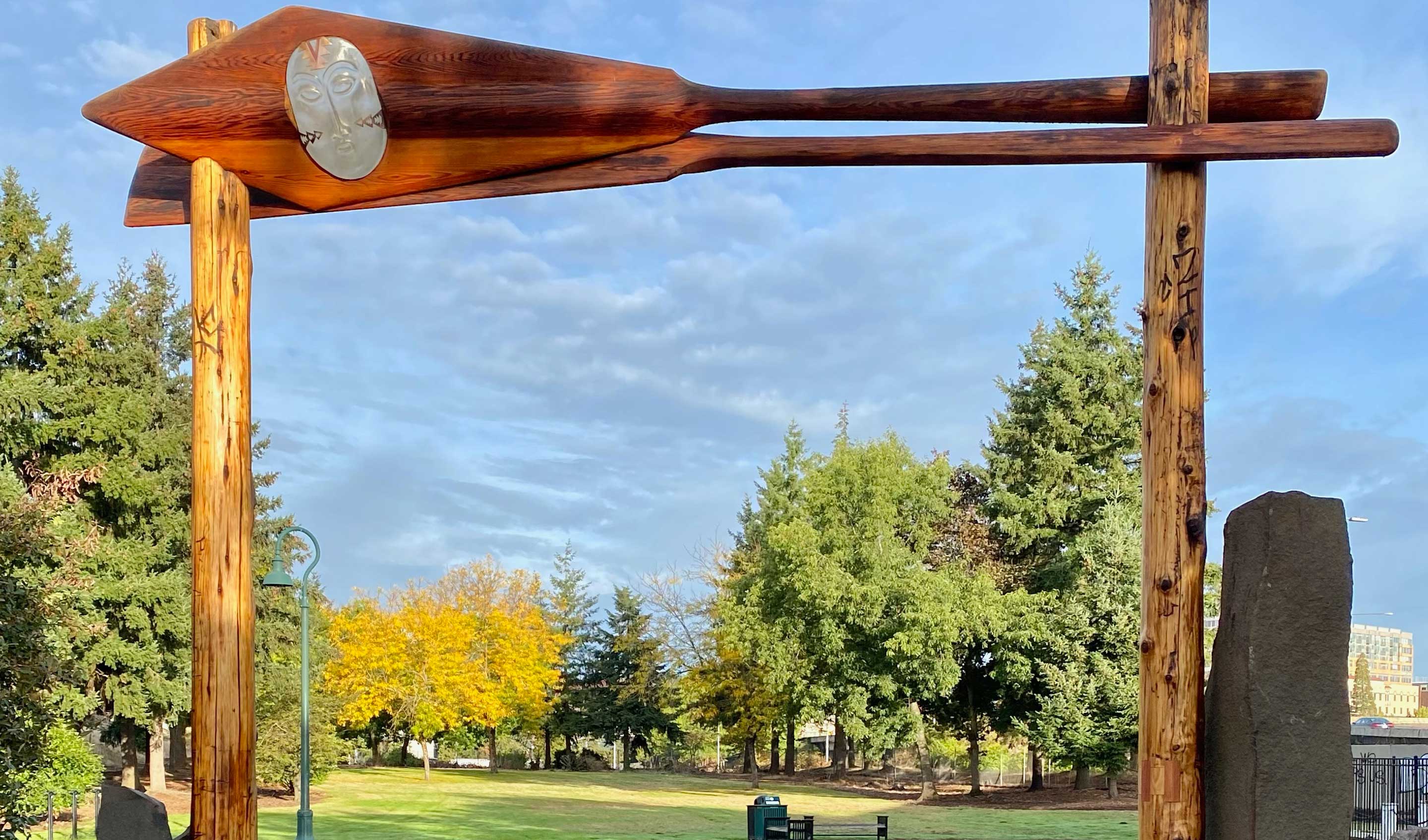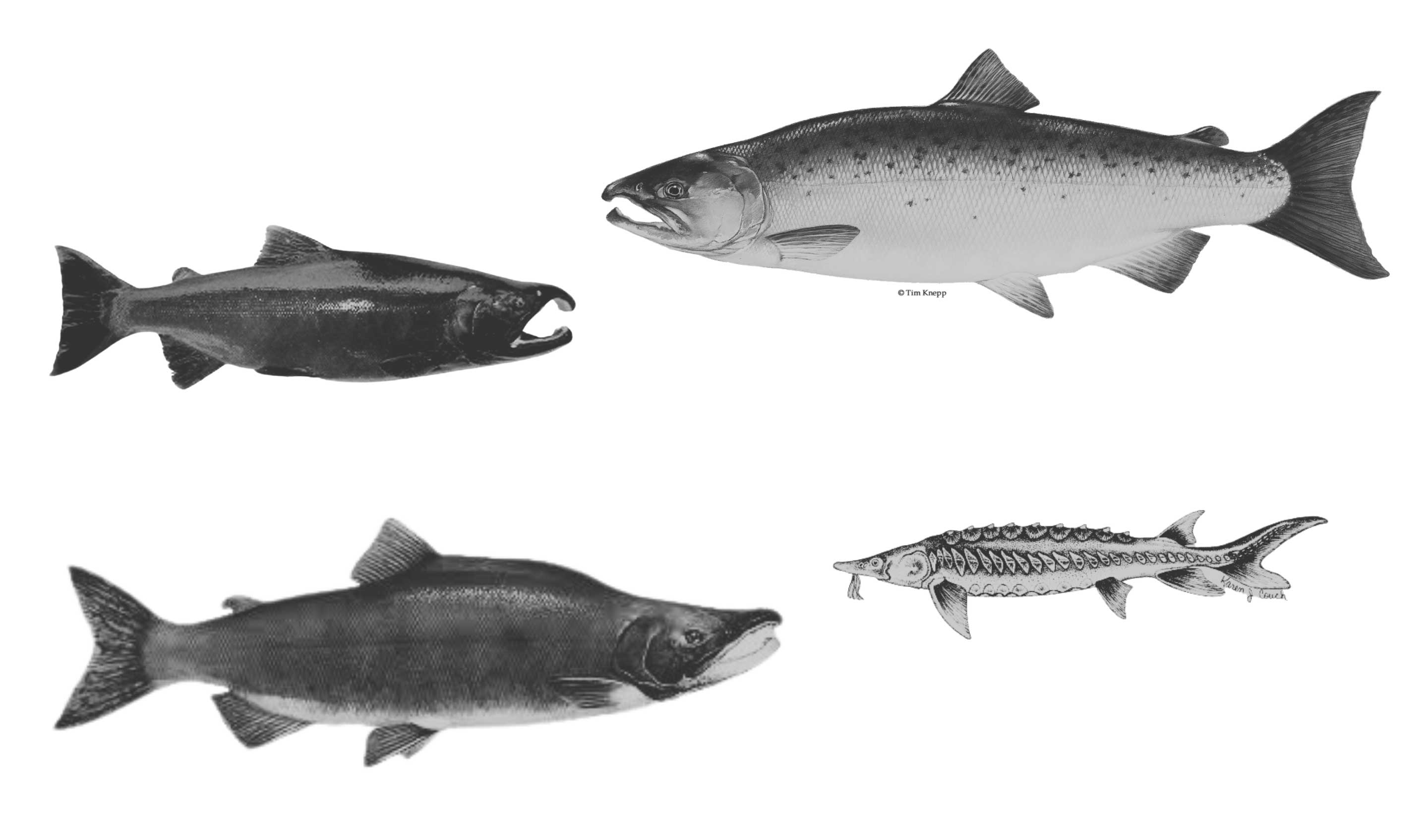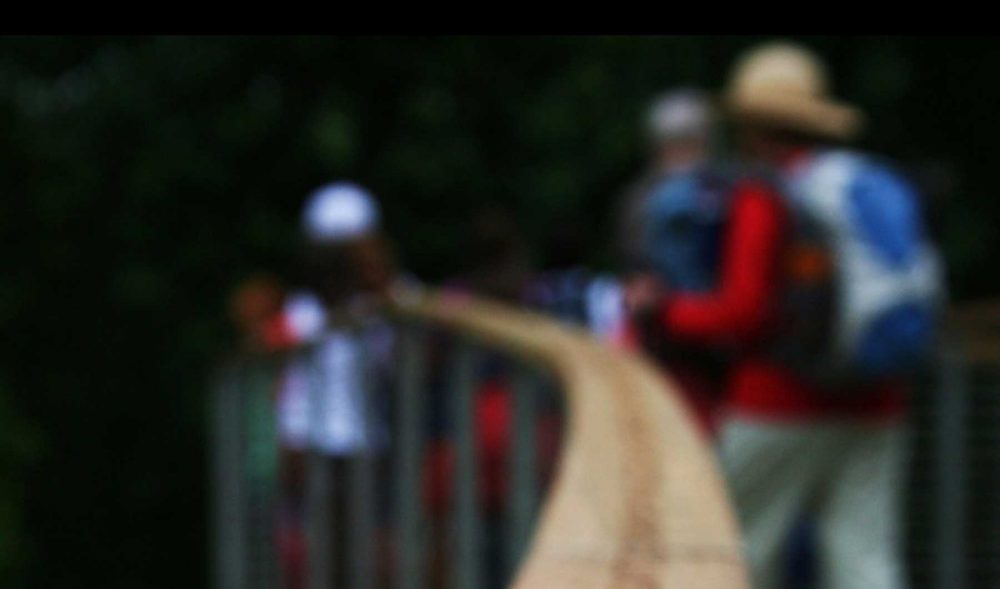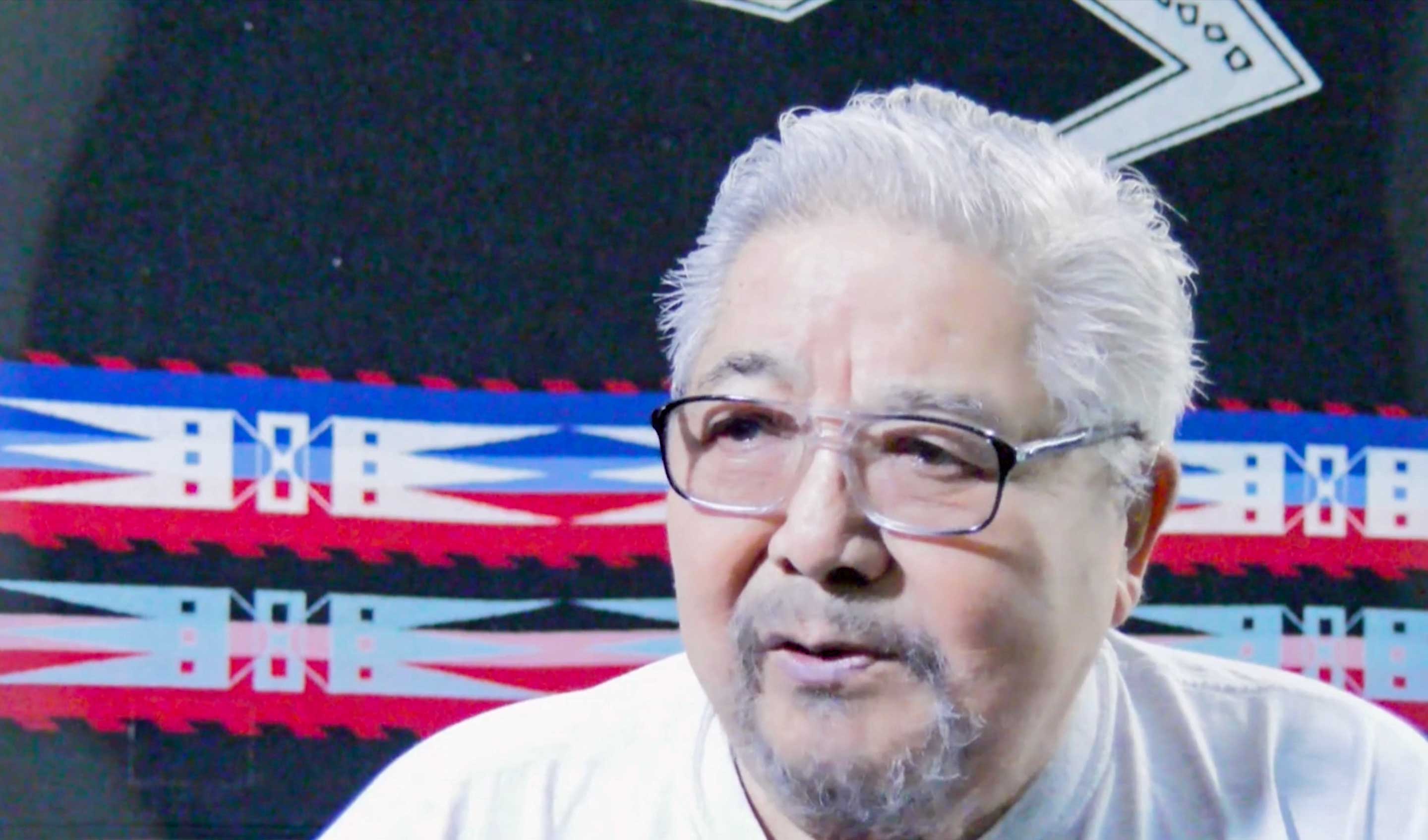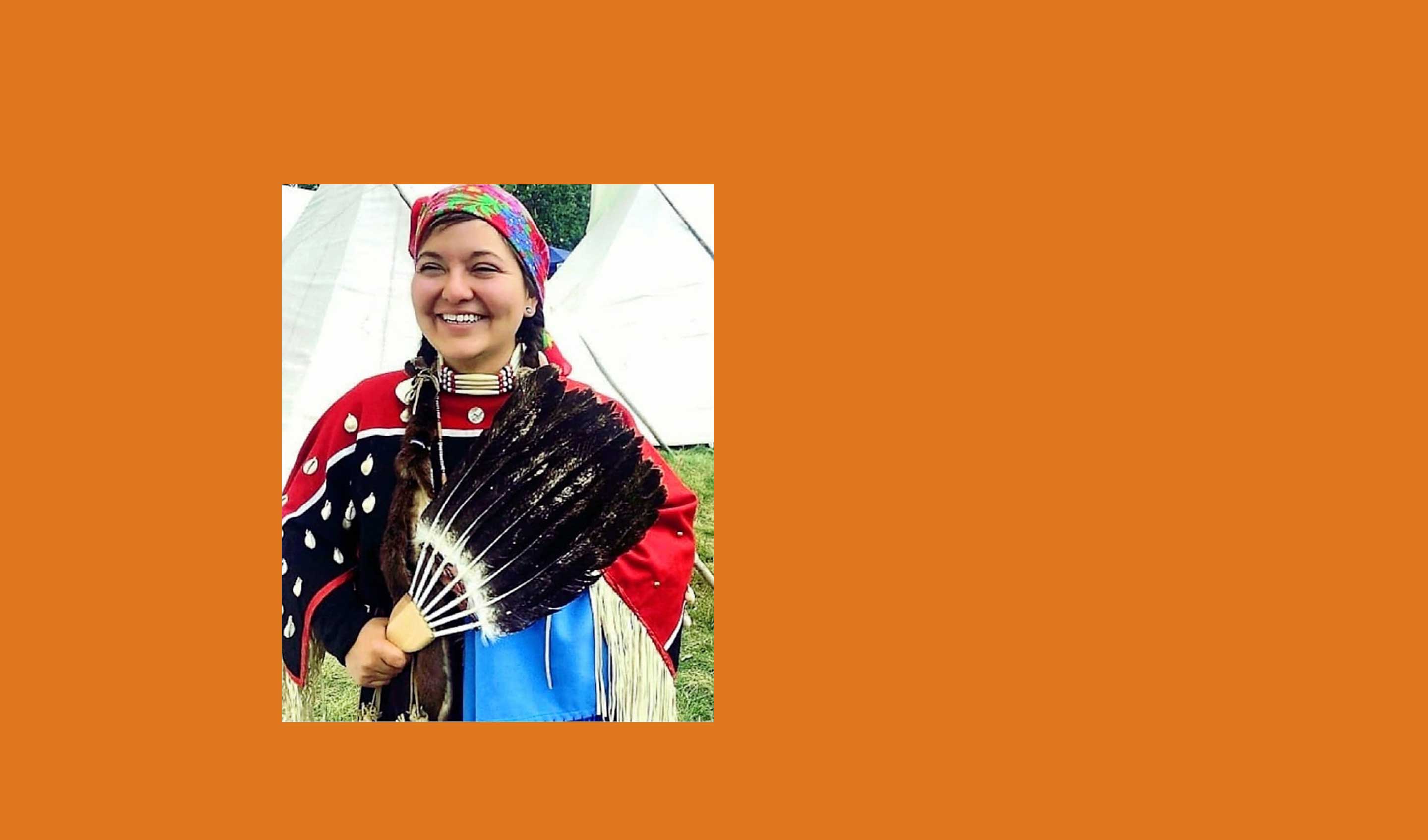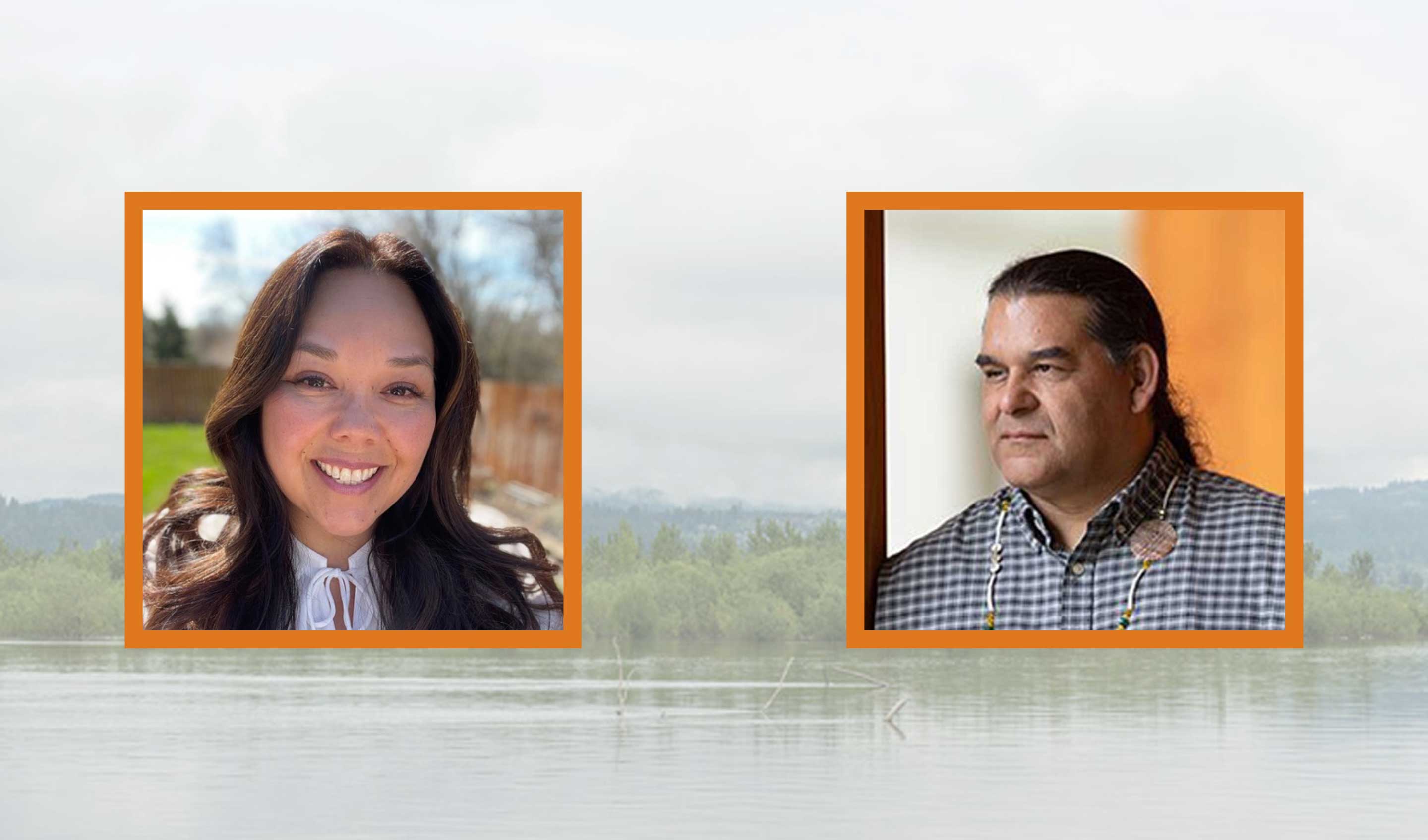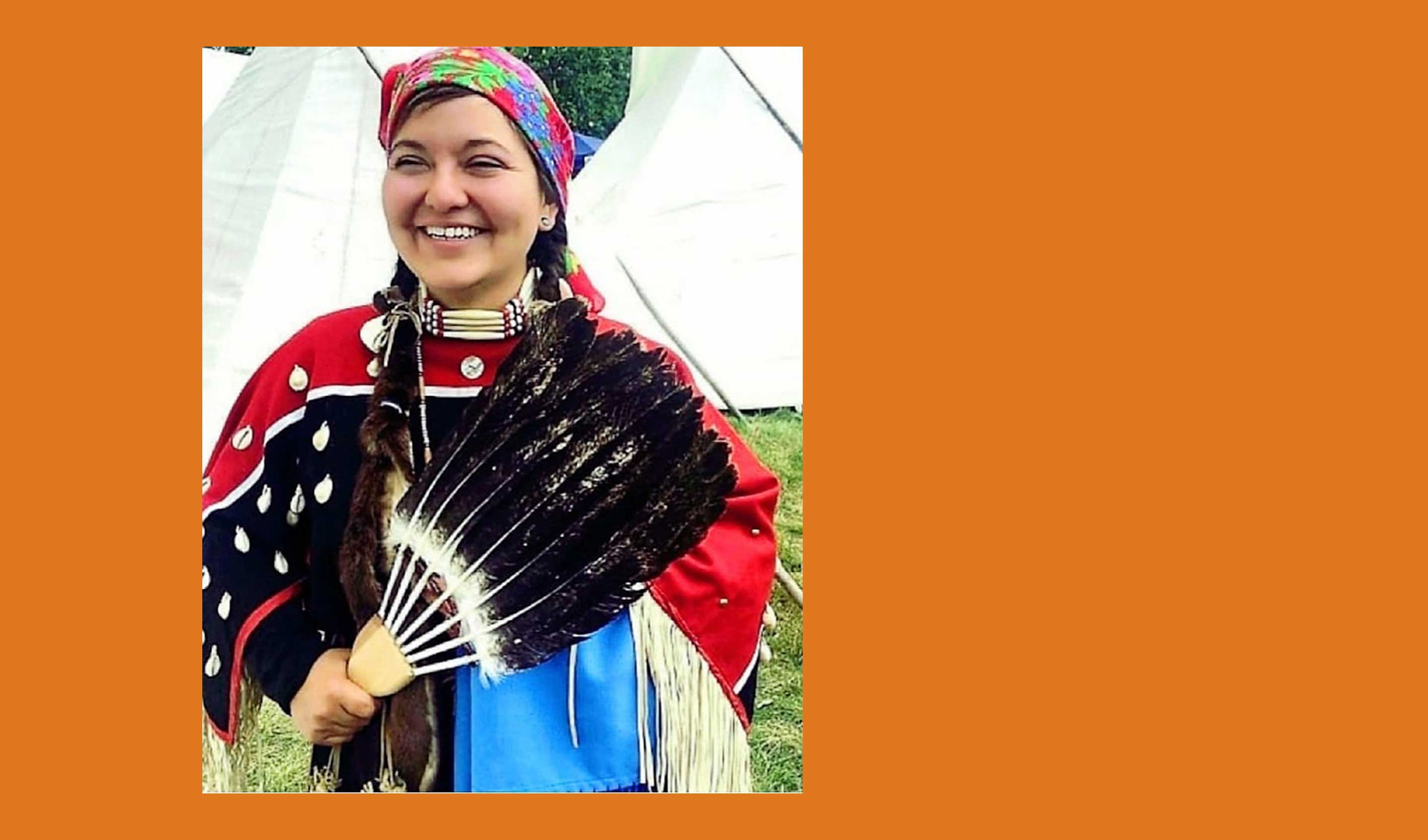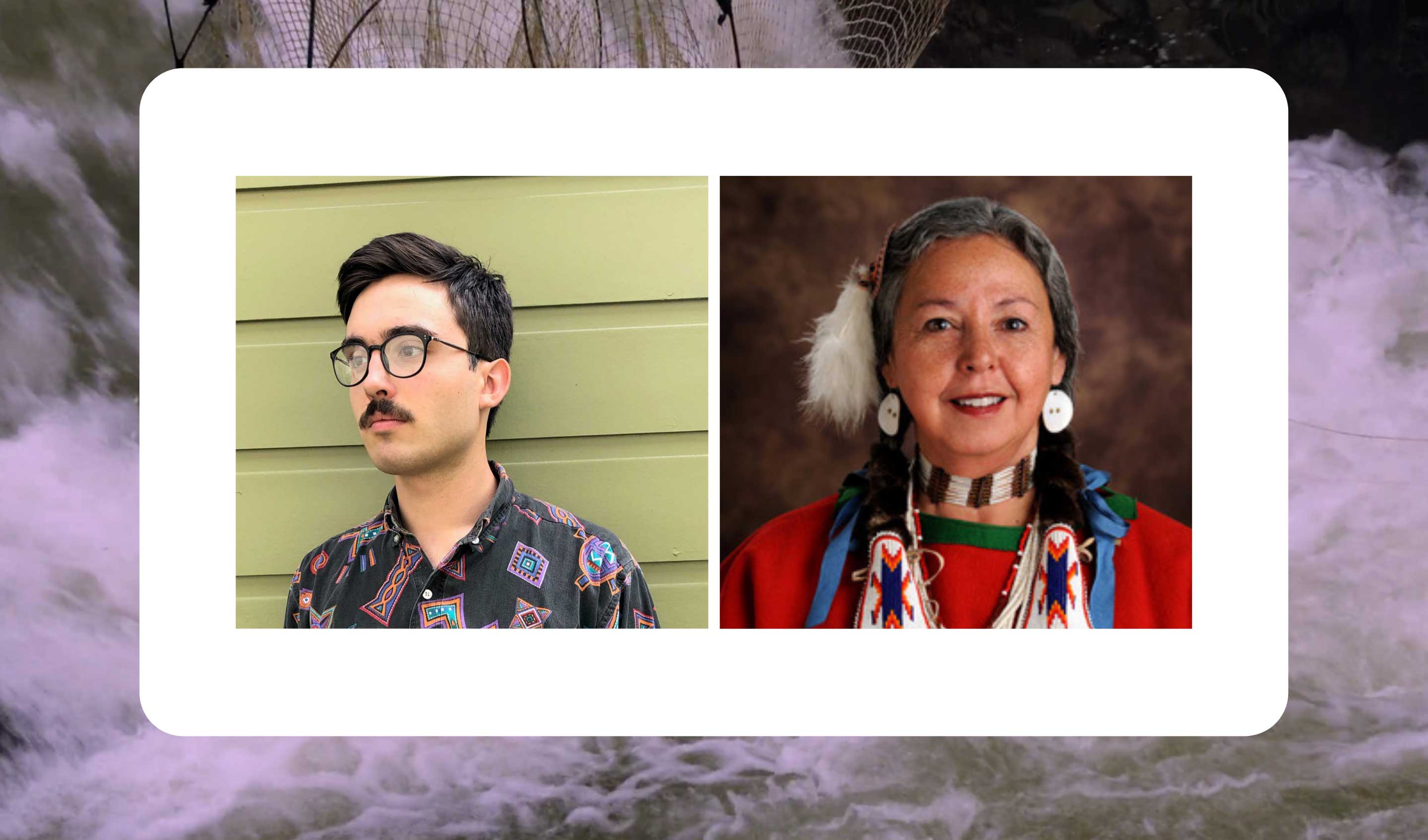Confluence Library
Confluence was honored to be part of the annual Redheart Ceremony on April 23rd, which occurs every year in April in Vancouver, WA. You can watch the event recording here.
Curious about how Confluence got started? Want to explore our five completed art landscapes? Interested in the work we’re doing in schools? Check out this recorded event!
For Native people of the Columbia River system, knowledge about salmon has been passed down through the generations, since time immemorial. Fish are intertwined with River Peoples’ past, present, and future. This article highlights several important subjects and resources, along with how seven fish of the Nch’i Wāna (Columbia River) are intertwined with tribal identity.
Greg Archuleta (Grand Ronde) prepared this report on First Foods at the Sandy River Delta, where the Confluence Bird Blind is located, for the Sandy River Watershed Council.
Max Corpuz, a Yakama fisherman, talks about the important of fishing, heritage, and Celilo.
In this episode, we get to hear traditional stories from Ciarra Greene (Nimiipuu/Nez Perce Tribe). Her academic background is in chemistry and environmental science.
Today on the Confluence Podcast, two members of Northwest Indigenous nations, David Lewis and Teara Farrow Ferman discuss the history of the Columbia watershed and new efforts to improve wildlife habitat and water quality
During this virtual event Ciarra Greene shared traditional Nimiipuu (Nez Perce) stories and dive into their embedded ecological practices and cultural understandings, exemplifying what has made traditional storytelling a strong force for cultural continuity over the generations.
“Salmon have always kept their word…” In this episode, we talk with filmmaker Woodrow Hunt a Klamath/Modoc/ Cherokee descendent, and Bobbie Conner, a member of the Confederate Tribes of the Umatilla Indian Reservation and Executive Director of the Tamástslikt Cultural Institute, about Hunt’s recent film, Salmon’s Agreement.
Today Confluence honors Indigenous Peoples’ Day. This day, and everyday, is a time to celebrate Indigenous histories and cultures and remember whose land we’re on. This work continues beyond today, and so between now and Thanksgiving, we will be sharing highlights from Oregon’s Tribal History/Shared History curriculum.

